A Day in the Life of a Music Producer
I’m a music producer, and I know many others. I’d call myself an audio producer more broadly, because I also run a label and do sound engineering. My main focus is on electronic music as you probably know already. I wish I could give you a simple outline of the daily routine of a music producer, but the truth is that there is no typical day.
First, inspiration isn’t something you can just summon on command. It has to come by itself. You can tell yourself you need to be in the studio at 9am to start working on a track, but sometimes you’ll get there and find that your brain just isn’t ready to make music. Some days aren’t for creative output. That’s why after 5 years of trying to make music every day, I burnt out (2007). I learned that it’s better to devote your time to other things on those creative down days, because the space between sessions is essential for creative rejuvenation.
There are also days when it works. But before I dive in to those, I need to clarify a few myths about music production:
Myth 1: You start a new song from the beginning and keep working on it until it’s done.
Myth 2: You only work on one song at a time.
Myth 3: Every song should be finished.
Myth 4: You can work on music for hours. (You can, but you’ll be unproductive.)
You see, music production is a kind of dynamic chaos that evolves, regresses, progresses, and dies — or not — everyday. (I’ve written about these myths a lot before, especially here, here, and here)
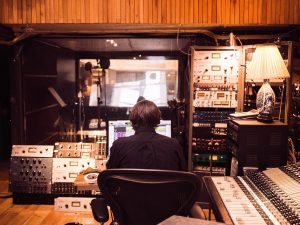 So with all that being said, within the life cycle of a track, you’ll go through:
So with all that being said, within the life cycle of a track, you’ll go through:
- Ear workout. Listen to music of any genre and let ideas come. Your ears will be freshest in the morning, but they also need to be calibrated to how the music should sound. This can last from 1 to 3 hours.
- Research and development. Which DAW to use? What gear to explore? Which synth will fit? Do I have what’s needed, or do I need to try out a demo or buy something new? This is basically the moment where you try to slot your initial idea into the production routine. This phase is ongoing, but I rarely spend more than 1h. There will be a number of sites I visit daily, with my favourites being:
- Resident Advisor. To get industry news in general and listen to music. I also like to check out the music reviews to get an idea of what’s trending.
- Attack Magazine. Because it has nice technical articles.
- KVRAudio. To get the latest news about plugins.
- My Soundcloud feed. Because I want to see what the people I follow have been into lately.
- Sound design/recording. This is where you collect all the sounds needed to start your track. It’s very time-consuming.
- Production. This will take the largest chunk of your time. That’s unavoidable, but you’ll want to space the production sessions out by a day. If you spend too much time working on a track at once, your judgment will blur and you’ll lose sight of the idea you began with. If you come back to your track with fresh ears, you’ll be able to stay focused on the core idea and to assess your work with a clearer perspective.
- Mixing. This phase is time-consuming too, and you might want to ask another sound engineer to do this for you as a second pair of ears can really help.
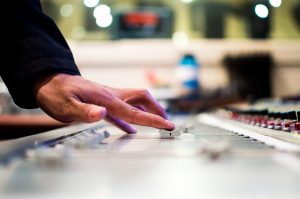 So overall, a full day’s work at the studio involves only about 2-3 hours of actual music production. A lot of my time will be spent on tweaking, searching, checking references, checking emails, and taking many breaks that might appear as procrastination.
So overall, a full day’s work at the studio involves only about 2-3 hours of actual music production. A lot of my time will be spent on tweaking, searching, checking references, checking emails, and taking many breaks that might appear as procrastination.
Why such little time? Mostly because I want to be at the top of my game, and I know that my peak attention is condensed into short spurts. Of course, sometimes I will spend a good 5 hours on a track because there’s a lot of cleaning up and tweaking to do, but it’s mostly micro-editing.
In my case, I arrive at the studio at 9am and leave around 5pm. Lunch is usually 1–2 hours.
I love to have the people I coach over at the studio, and sometimes friends will visit too. The time I spend with others in studio is extremely valuable, because I’m nourished by the ideas we exchange and the music they share.
Being able to do this full time is a privilege and I embrace every single day with full dedication. It is possible to do it but it demands a lot of discipline too.
SEE ALSO : Useful Music Producer Skills For All

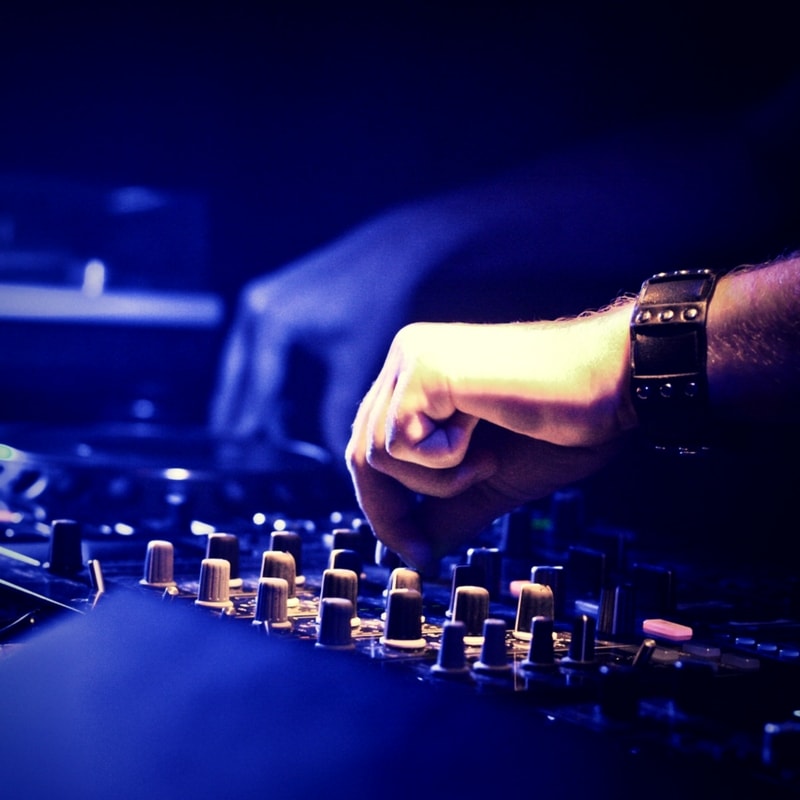

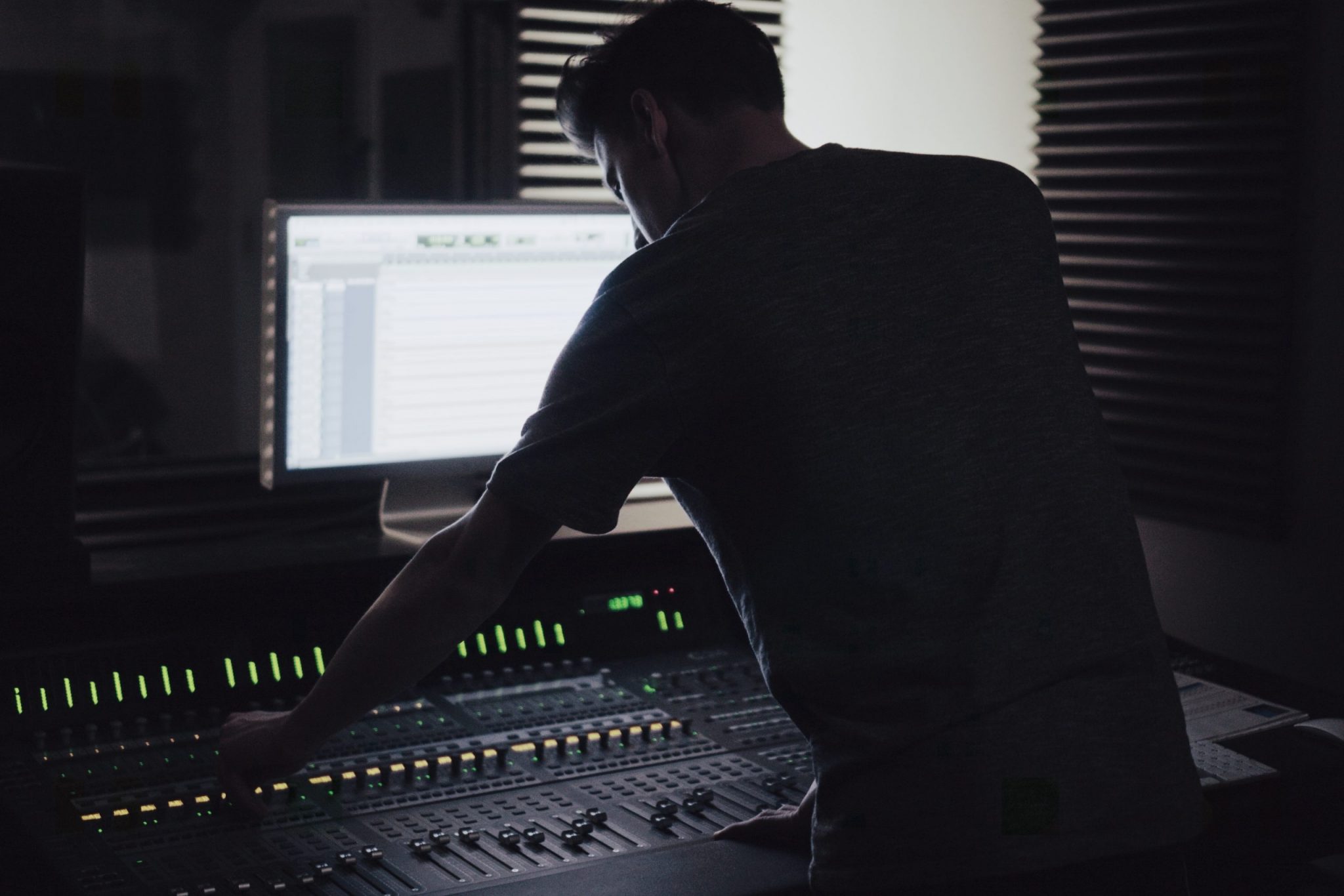
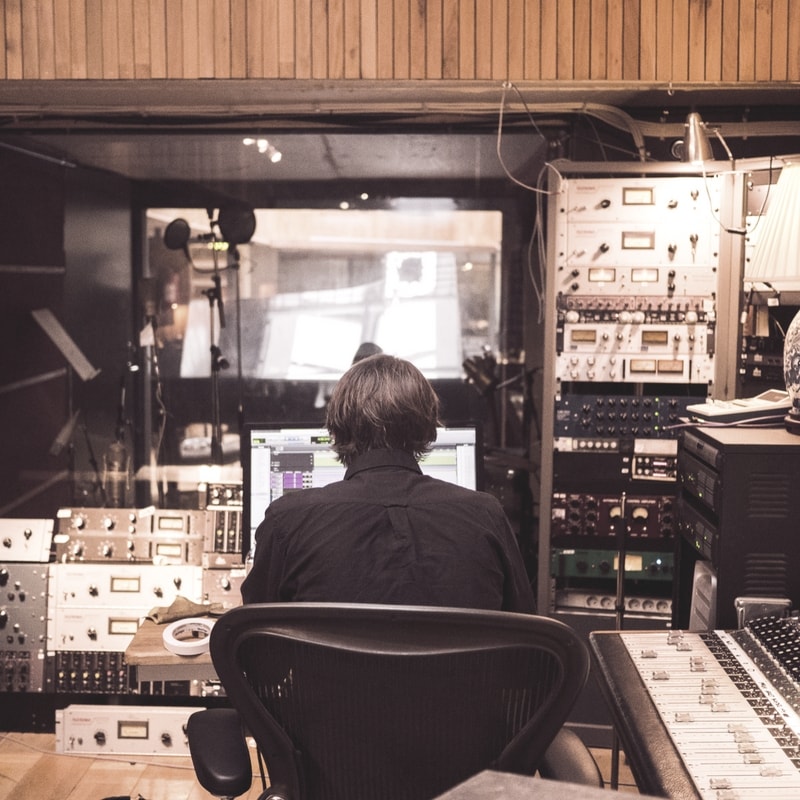
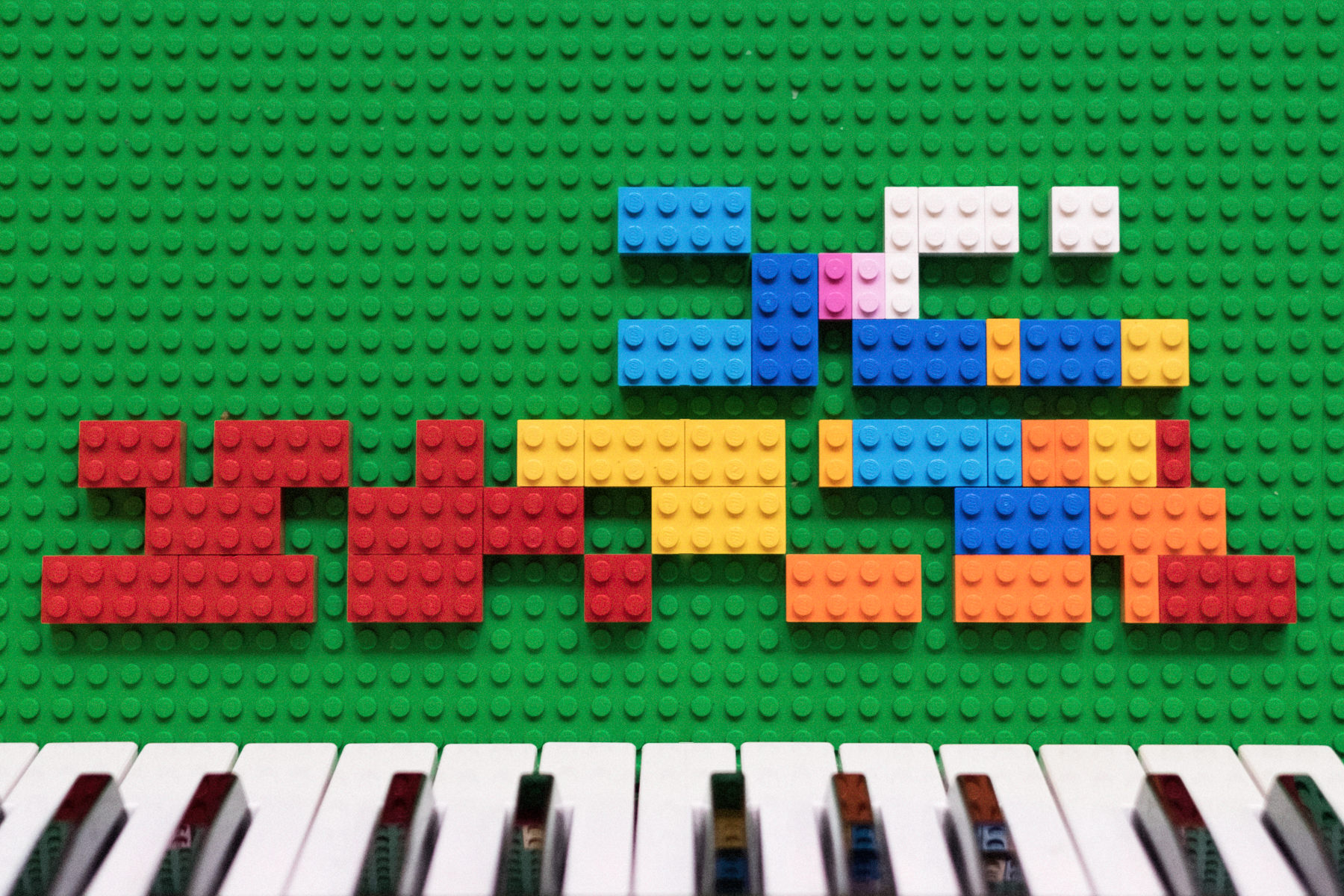
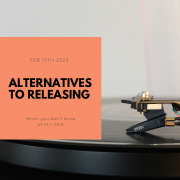





This is way cool bro – Stay Groovy!